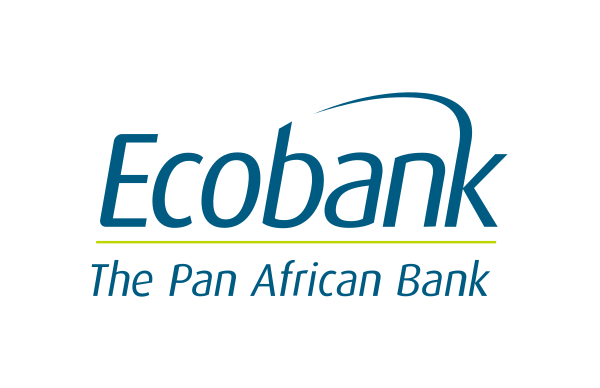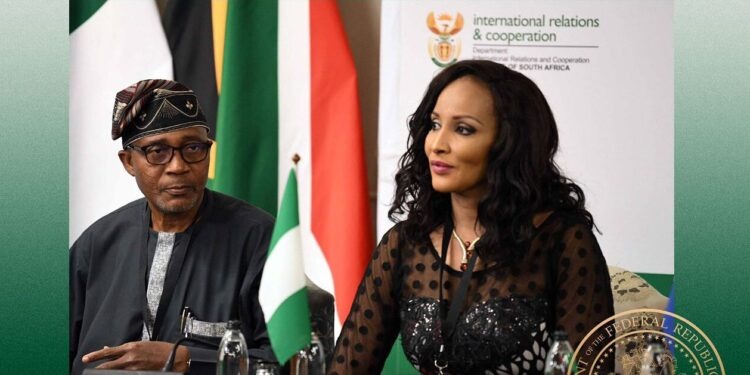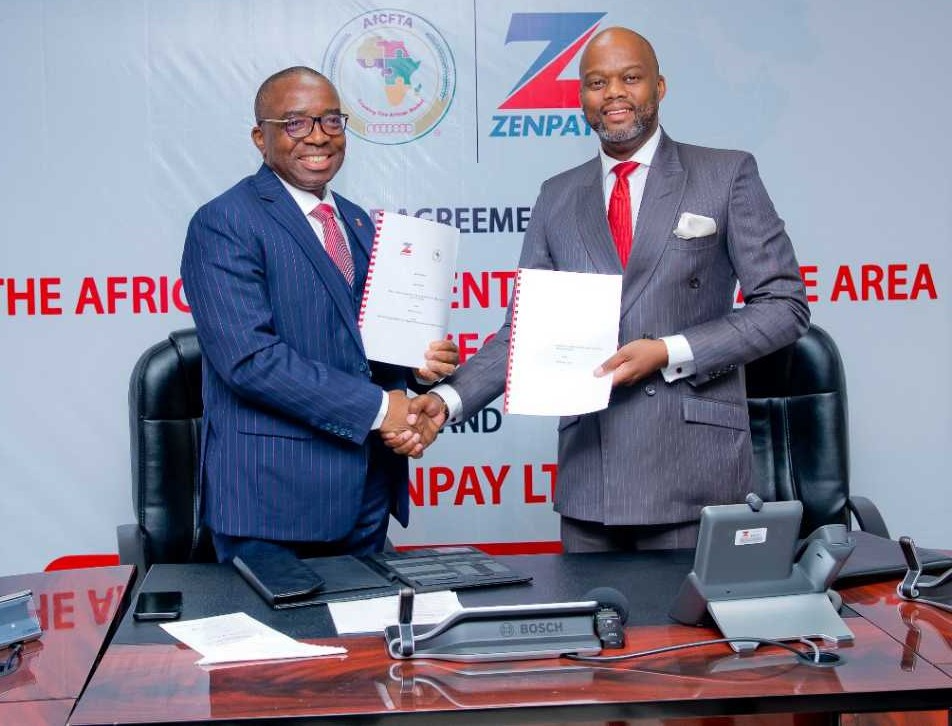Dangote Petroleum Refinery has exported two jet fuel cargoes to Saudi Arabia’s Aramco, the world’s largest oil producer and a leading integrated oil and gas company.
Saudi Aramco is the official Saudi Arabian Oil Company, which is a majority state-owned petroleum and natural gas company.
President of Dangote Group, Aliko Dangote, revealed this on Tuesday during a visit by the Nigerian Economic Summit Group (NESG) team to both Dangote Fertiliser Limited and the Dangote Petroleum Refinery & Petrochemicals in Ibeju Lekki, Lagos.
Dangote said exporting products to the global markets, especially Saudi Aramco, was because of his refinery’s world-class standards and advanced technologies.
“We are reaching the ambitious goals we set for ourselves, and I’m pleased to announce that we’ve just sold two cargoes of jet fuel to Saudi Aramco,” he said.
While commending Aliko Dangote for establishing the $20 billion refinery – the largest single-train refinery in the world – NESG Chairman, Mr. Niyi Yusuf, stated that Nigeria needs more investments of this calibre to reach its $1 trillion economy goal.
“To achieve a $1 trillion economy, much of that must come from domestic investments. This refinery, fertiliser plant, petrochemical complex, and supporting infrastructure are monumental,” he said.
Yusuf emphasised that such local industries are essential to Nigeria’s industrialisation and will help foster the growth of Small and Medium Enterprises (SMEs). He added that the NESG would continue to advocate for an
improved investment climate to attract entrepreneurs, boost development, ensure food security, and address insecurity.
Dangote, in his response, reiterated the importance of the private sector in national development, asserting that Nigeria’s challenges could largely be overcome by providing gainful employment to its people.
He stated that the concept of a free market should not be used as a pretext for continued import dependence, highlighting that both developed and developing nations, including the USA and China, actively protect their domestic industries to safeguard jobs and promote self-sufficiency.



